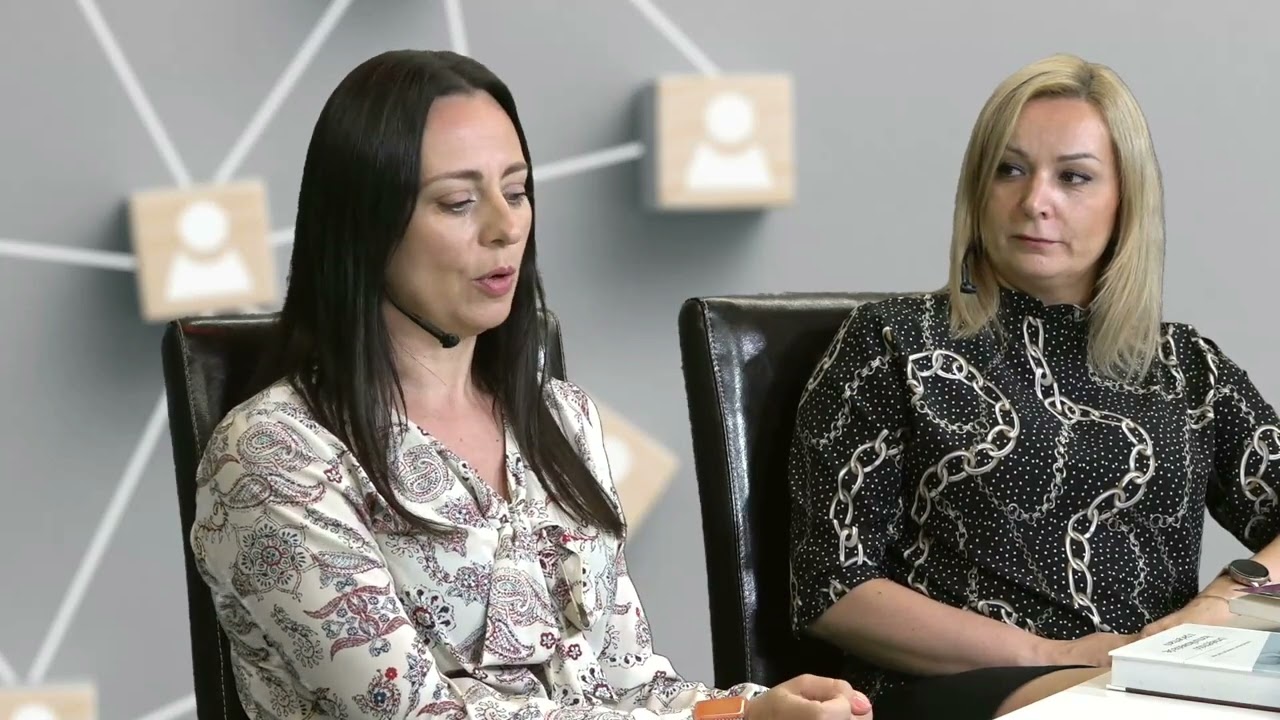Clinical communication is an important part of medical care and its teaching should be an integral part of medical education in Poland. It is important to start teaching this area at an early stage in the training of doctors in order to develop in them the ability to communicate effectively with patients. In order to achieve this, appropriate training programmes should be organised and access to the latest methods and tools for teaching clinical communication should be provided. It is also important that doctors continually expand their knowledge and skills in this area, drawing on the experiences and achievements of other countries. Only in this way can we provide patients with quality medical care based on good communication and understanding of their needs.
Clinical communication is a key element of healthcare and should be an integral part of the education of all healthcare professionals. Not only doctors, but also physiotherapists, dieticians, nurses and psychologists should be taught this skill at all levels of education - both during pre-diploma and postgraduate training. It is worth systematising the teaching of clinical communication and adapting it to the different contexts in which healthcare professionals will use it - for example, in communication with children, in the case of female illnesses or in stressful situations. Only in this way can we provide patients with the highest level of care, based on good communication and understanding of their needs.
Clinical communication is an important skill to learn as early as possible. Medical students should be prepared for this skill as early as the first year of study when they begin their first practice in patient care. The teaching of clinical communication should continue systematically throughout medical education, adapted to the current stage of training and the needs of the student. It is a mistake to introduce the subject of clinical communication too late, when the student has not yet had experience with patients and does not understand, for example, difficult diagnoses. It is important that the teaching of clinical communication is effective and relevant to the students' needs.
Clinical communication is an important skill that should be introduced into the curriculum at all levels of medical education. The teaching of this skill should be done in collaboration with clinicians teaching clinical subjects in clinics to enable students to gain experience in a real clinical environment. However, some skills, such as communicating difficult information or diagnoses, cannot be taught with real patients, so medical simulation should be used in these situations. Only in this way can we ensure that students are taught clinical communication effectively and appropriately.
Clinical communication is an important part of healthcare and should be an integral part of medical education. Unfortunately, it has been a mistake in the past to separate this subject as a separate course, making it difficult for students to understand its importance and use it in practice. Therefore, it is important that the teaching of clinical communication is integrated with the teaching of clinical subjects and taught in parallel at all levels of medical education. In this way, we can ensure that students are effectively and appropriately taught this important skill.
Clinical communication is an important part of medical education and should also be assessed at the level of clinical examinations. In Poland, a team has been set up to change the teaching of this skill in medical schools by introducing more precise guidelines on what students should be taught. The aim is also to introduce practical exams to assess students' clinical communication skills. It is important to ensure that students are adequately and effectively taught this important skill, which is crucial when working with patients.
It is very important that the problem has been recognised and steps have been taken to change the teaching of clinical communication in Polish medical schools. Already in 2014 there were first attempts at change, but it was difficult to break through with ideas. Now, however, it is apparent that the moment has arrived and it is possible to make changes to the educational standards to better prepare students to work with patients. It is important to continue to work on improving the quality of teaching this important skill in Polish medical education.
